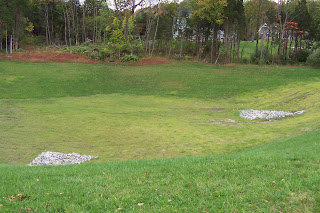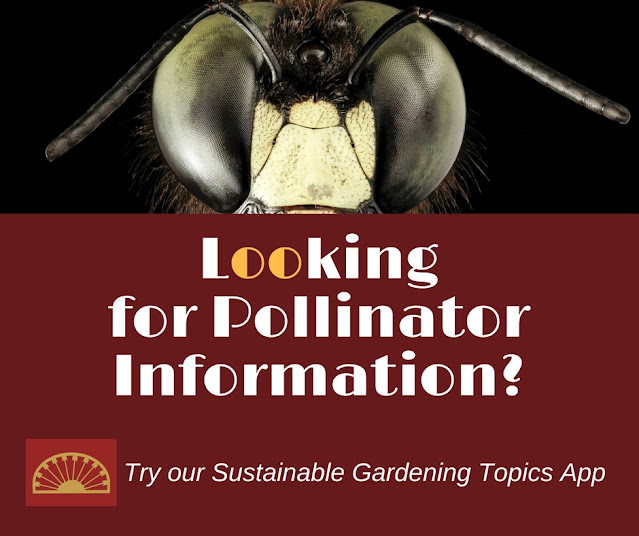Gardening Heresy Good for Environment

After a rousing introduction that recalled the history of why we garden the way we do, John Peter Thompson got three hundred landscape architects, environmentalists, and government officials (at last week’s Land Ethics Symposium, sponsored by Bowman’s Hill Wildflower Preserve www.bhwp.org near New Hope, Pennsylvania) to entertain an heretical thought: It’s time for a change.
Once he pointed out that today’s McMansion is the U.S. version of an English baronial manor house, he drew the parallel between the current landscape styling of vast lawns and perimeter plantings to the baronial manor house firmly planted in its “park.”
The first European grand-scale gardens were the products of kings, both French and English, who used their gardens as displays of wealth, power, and authority. These gardens took hundreds of gardeners to maintain, as well as the expense of global plant hunts to acquire rare botanical curiosities. They were as far removed as we can imagine from being sustainable.
Ordinary folks of the time had little use for plants that were not utilitarian, providing food, medicine, fuel, or fiber for clothing. Since few Americans today grow plants for these basic necessities, what remains of our landscape tradition is the ideal of surface beauty, which has been shaped primarily by exotic flowering plants.
But gardens filled only with alien plants are not sustainable sites. They provide little or nothing for North American birds, animals, reptiles, and insects. John Peter’s heretical message is simple: Don’t be afraid of Nature. Include native plants, trees, and shrubs to help restore a healthy, natural environment in your little corner of the world. To learn more about John Peter Thompson’s ideas and the Sustainable Sites Initiative, visit http://ipetrus.blogspot.com/ and http://www.sustainablesites.org/ .

